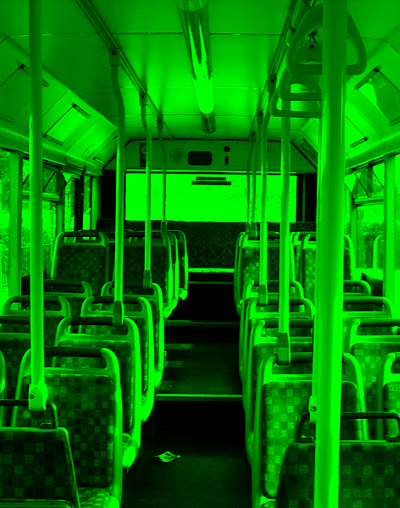City calls for bus backing

Starting August 5, the government's 50 cent fare scheme will apply to various public transport modes across Queensland, excluding Airtrain services.
While some critics view the initiative as an election tactic, the state government defends it as a necessary measure to address the cost-of-living crisis and reduce car congestion.
The council is pressing for significant state investment to support the city's bus network ahead of the trial's commencement.
The council has been negotiating with the state government for six weeks, seeking an annual funding deal worth nearly $100 million for the next five years.
However, Brisbane Transport Chair Ryan Murphy announced last week that the proposal was rejected, casting doubt on the success of the six-month fare trial.
“If we do not get this deal, August will be a disaster for the state government,” Murphy said. “People will want to get on public transport, but they will find crowded buses leaving them behind at stations.”
Queensland Premier Steven Miles downplayed the council's warnings, describing them as typical “argy bargy”.
“This is a local government that wants more money,” Miles said, though he did not specify the exact amount sought by the council.
He noted that the state's annual fare revenue is approximately $25 million, far less than the council's requested funding.
Murphy says that the council had been offered a one-off $50 million payment, which he labelled as “hush money” intended to postpone the issue until after the election.
“We are not seeking a one-off payment, we are seeking a transformative investment in Brisbane's bus services,” Murphy said.
The funding dispute comes at a critical time, as the Queensland government is set to enter caretaker mode before the state election in October.
Murphy warned that without a funding agreement, the long-anticipated Brisbane Metro service could be delayed until mid-2025.
The Metro is designed to connect 18 stations along key busways and includes the purchase of 59 new metro buses.
Miles indicated the state government's commitment to the successful launch of Brisbane Metro, suggesting that the council might have miscalculated its budget.
“If they haven't budgeted sufficiently for it to operate, then we will work with them to make sure it can launch successfully,” he said.
Murphy anticipates a surge in demand for the discounted fares, emphasising the need for increased investment to prevent a breakdown in the bus network.
“What they're hoping to do is spend $150 million on 50 cent fares and pump up the numbers in the public transport network in the lead-up to their election in October,” he said.
“But what will actually happen is that lots of people will try to get on public transport, and it will fail dismally because they haven't invested anything in our bus network for over a decade.”
The council says that the bus network currently offers far fewer services than it did a decade ago. The requested funding would be used to purchase more buses and expand services to meet the anticipated demand.
“We're pleading with the state government: Do not let 50 cent fares become a 50-cent fail. Invest in our bus network to grow the capacity, add new services, and make sure that we're ready for the people who will want to get on public transport in August,” Murphy urged.
Miles says the state and local government will be able to negotiate a fair deal.
“I don't think you'll find a bigger supporter of public transport than me. We need to work with [the council] through the details, and I'm sure we'll land on a fair deal,” he said.








 Print
Print